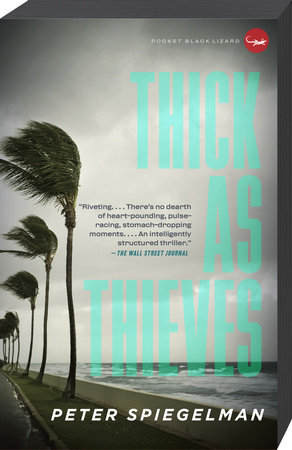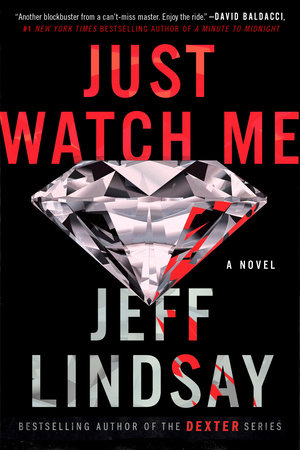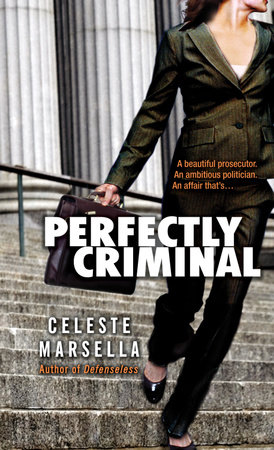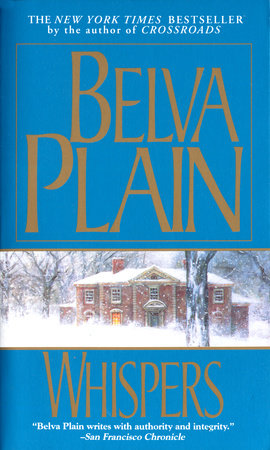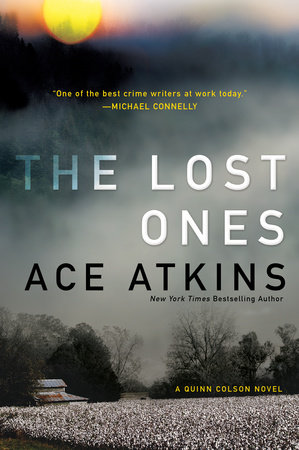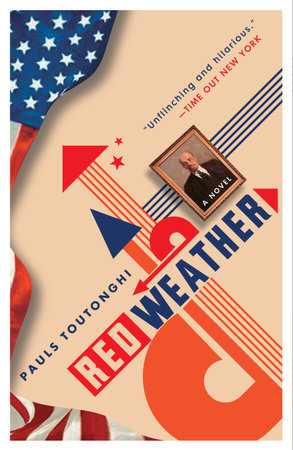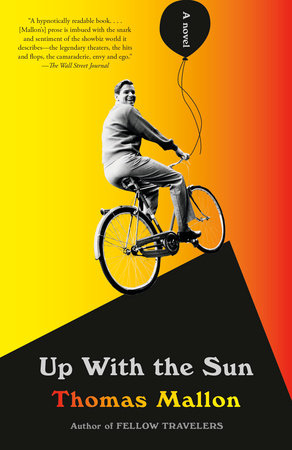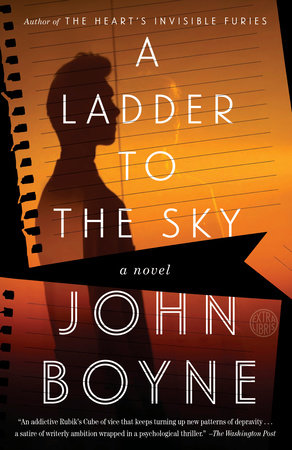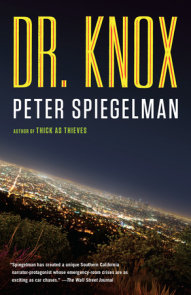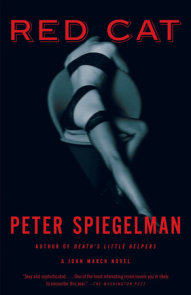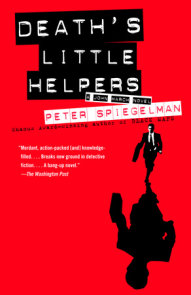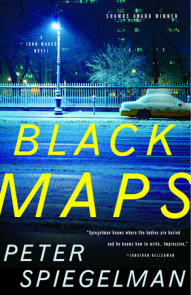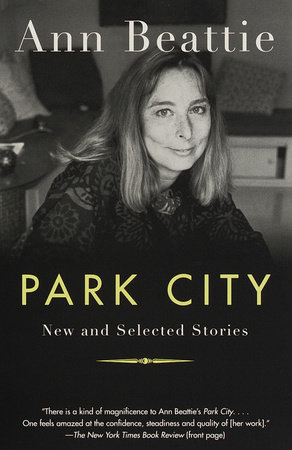Author Q&A
A Conversation with
Peter Spiegelman
author of
THICK AS THIEVES
Q: Was there a specific event or idea that gave rise to this new novel?
A: THICK AS THIEVES arose not so much from a specific event, but from my longstanding love of caper flicks—movies like The Thomas Crown Affair, The Anderson Tapes, The Italian Job, Topkapi, Heat, Ocean’s 11, Inside Man, Thief, The Getaway—the list goes on and on. For me, the pleasure of these stories resides in watching the crooks work—the exercise of technique, the grace under pressure—and in watching the often uneasy relationships between them as they work.
Q: Your previous novels have all been set mainly in New York City and featured detective John March. THICK AS THIEVES is your first departure from that series. What brought on the change?
A: I was actually in the midst of what would’ve been my fourth John March novel when I started thinking about THICK AS THIEVES. The March book was actually going pretty badly—progressing slowly, and not turning out to be the book I wanted it to be. I just couldn’t seem to find my way into the heart of the story, and the more I tried, the more this other idea, about a fractious crew of thieves and their reluctant leader, kept asserting itself. After a while it became hard to ignore this other tale, and I spent some time thinking about characters and settings, and making notes. It quickly became apparent that this story would be a bigger and more complicated undertaking than anything I’d tried with March—which of course made it irresistible!
Q: There is a long literary tradition in exploring the concept of honor among thieves—in fact you open this novel with a quote on the subject from Shakespeare. What appealed to you about this idea?
A: Again, I go back to my love of caper stories, and my fascination with the relationships between the crooks in them. So often, the relationships are all about conflict. There’s the basic clash of self-interest and friendship, the game-theory choices of whether or not to betray, the wheels-within-wheels of hidden agendas, and the clock ticking down on the end of the job and the expiration of loyalty. The thieves need one another to pull off the job at hand; they need to trust in one another, or at least in each other’s skills; but their trust only goes so far—they are criminals, after all, and fundamentally dishonest. Or are they? Allegiances are provisional and highly perishable; the tension is exquisite. That vibe, more than anything else, inspired and informs THICK AS THIEVES.
Q: There is a touch of Robin Hood to your gang as they only steal from pretty bad folks most of whom have obtained their wealth in not so nice ways. But of course they don’t give to the poor, they keep the loot for themselves. Do you think readers will see them as heroic or as criminals?
A: There’s no question that Carr and his crew are criminals—and violent ones at that—but that doesn’t mean they’re wholly bad, or that they’re the worst people in the story (they’re not). Carr and company have some admirable qualities—they’re smart and highly competent, and they share a cynical worldview and a black sense of humor. And I think that Carr himself, employment notwithstanding, is a sympathetic character. He’s lonely, and full of doubt (including self-doubt), he has family issues and commitment issues, but he’s also tough and determined. He’s a flawed and complicated human being, just like the rest of us. Being “bad” doesn’t mean that Carr and his crew are not engaging. In fact, I think it makes them more interesting. I hope that readers agree.
Q: Your own background in the world of finance has informed all of your books. Was it different to write this novel in a post-crash landscape? Do you feel that the events of the last few years influenced this novel, or particular characters, in specific ways?
A: The world of THICK AS THIEVES is definitely a post-crash one. The crash’s influence is clear in some of its settings (the Prairie Galleria, scene of one of the crew’s robberies, is a virtual diorama of a damaged and diminished corporate landscape), but it’s most obvious in the characters of Curtis Prager, the crew’s ultimate target, and Howard Bessemer, the man they use to gain access to Prager. Both are criminals, and their crimes—and characters—were shaped by the bubble and the collapse.
Prager was a storied hedge fund manager whose firm was sunk by allegations of money laundering and by the collapse of the markets. While elements of his backstory may remind some of a certain Ponzi schemer currently serving life in a federal prison, Prager not only survived the crash, he thrived in its aftermath. Rather than chastening him, Prager’s brush with financial oblivion (and with the feds) caused him to embrace his inner pirate with even greater gusto—to double-down on his criminality.
Howard Bessemer is a different sort of crash survivor—and barely a survivor at all. Before the fall, he was an affable, if half-bright, private banker, whose main talent was in catering to the whims of a well-heeled clientele. He didn’t balk when that entailed fraud and embezzlement (all-too-common crimes in a financial bubble), and when he was caught, he didn’t hesitate to turn state’s witness in exchange for a lighter sentence. When the bubble burst (as they always must), and Bessemer was released from prison, his career, his family, and his assets were gone. All that remained of his once privileged life were appetites that he could no longer afford to indulge.
Q: There are some elaborate thefts in here—how did you come up with this stuff? Research?
A: It was equal parts imagination and research. My past life in software and banking gave me an appreciation of some of the cyber-security issues, and I’ve seen first-hand the gaps that can exist in large, complex networks and systems, even when the people running them are quite security-conscious. Beyond that, I did a lot of research—which was fascinating and tremendous fun. And as a result, I now know more than I should about picking locks and drilling safes. It’s good to have a fallback, I suppose, in case the writing thing doesn’t work out.
Q: The main heist in the novel involves an elaborate money laundering scheme. Can you describe briefly how Curtis Prager’s business works and why it’s so irresistible to Carr and his crew?
A: With the collapse of his hedge fund (on the heels of money laundering allegations and the market collapse), Prager set up a holding company whose ostensible business is the acquisition of small bank and trust companies in the U.S. Prager’s firm consolidates the operations of these banks on to a common system that is run from a central back-office on Grand Cayman. In fact, Prager’s holding company is a front for a sort of superstore of black-market finance. Prager caters to large criminal organizations, and uses the infrastructure of his firm—a processing system that handles many thousands of legitimate transactions every day, from many small banks—to enable and mask his money laundering activities. One of the characters in the novel calls the system a magic lamp: “The great Prager rubs away, wishing for some clean money, it spews a bit of smoke, and poof—out pops a wire transfer! Any given time, he can move a hundred million at least with that lamp, boyo.”
Carr and his crew think they’ve found a hole in that system, a gap in the fence, and they’re determined to climb inside.
Q: There is a pretty high body count in this book—higher than in your other books. Was it hard to kill off so many people? And why did you do it?
A: Yes, there are fatalities in the book. They’re mostly off-stage, and not excessively graphic, but there are certainly more of them than in my John March novels. The deaths weren’t an a priori decision—I didn’t decide at the outset that there would be blood. Rather, they arose organically from the story I was telling and from the context of the characters, so they never seemed forced to me. Violence is part and parcel of the world this crew inhabits. They are capable of violence as part of pulling their heists, and their marks—the people they steal from—are even worse. In this kind of setting, a body count isn’t surprising.
Q: THICK AS THIEVES travels to many locations including several across South America and Grand Cayman Island. You really capture these places where great wealth and beauty exist alongside great poverty and a certain worn-down, war-torn quality. Why did you choose these locations for this novel?
A: Latin America and the Caribbean are parts of the world I’ve travelled to often, both on business and for pleasure, and I love them—the people, the cultures (especially the urban cultures), the food, the music, and the soccer. But the gulf that exists between the haves and have-nots in many of those countries is vast, jarring, and appalling. And travelling on business, especially when that business is with bankers, it’s squarely in your face. You occupy a sort of altered reality, enveloped by a bubble of security and privilege, conspicuous in some ways but oddly anonymous too—there, but not really there.
These locales worked for my story in part because I wanted Carr to have something of the dislocated, disoriented perspective that I experienced when traveling there, and in part because—sadly—some of these locales offer the sort of targets that Carr and his crew specialize in.
Q: It’s interesting that Carr, whose success has been built on his ability to see every possible angle of a job, misses so many clues about his own past. Why did you decide to tell the story of his own family against the backdrop of the heist action?
A: While THICK AS THIEVES is definitely a caper novel, it is also has elements of a mystery—actually a couple of mysteries. Even as he tries to manage his unwieldy crew, Carr is trying to figure out just what befell Declan, his mentor and surrogate father, and how his last job went so horribly wrong. But that’s just one of the knots Carr is picking at. Besides the question of what happened to Declan, Carr must come to terms with his actual father, the ailing former diplomat Arthur Carr, and in the process he must confront the central mystery of his own past.
The mystery of family has always fascinated me—the riddles that parents, children, and siblings are to one another; how fraught these relationships can be, and freighted with unarticulated (or sometimes loudly articulated) guilt and resentment and unmet expectations; the extent to which these people—the closest people in the world to us—can remain enigmatic in such essential ways. These are themes that resonate with many readers, I think, and I’ve touched on them in all of my books, though never to the extent I have in THICK AS THIEVES.
Q: What is next for you? Will we see more of any of these characters again?
A: I’m working on a new book right now that does not include any of the characters from THICK AS THIEVES. As to whether any of them might be seen again, I suppose it’s possible. They certainly continue to interest me.
For booking information:
Gabrielle Brooks / 212-572-2152 / gbrooks@randomhouse.com
